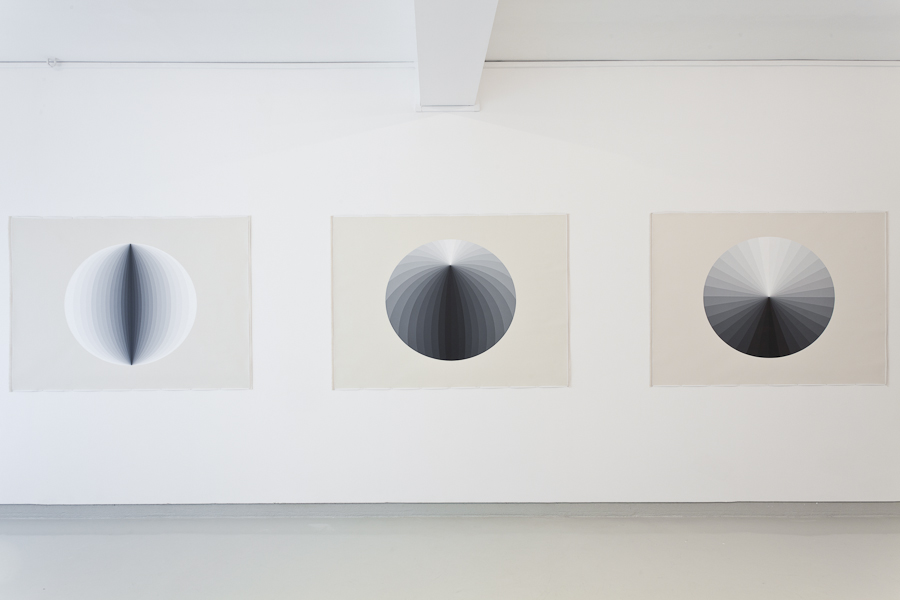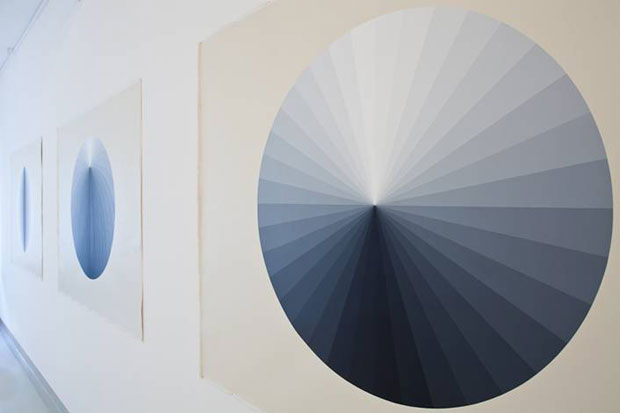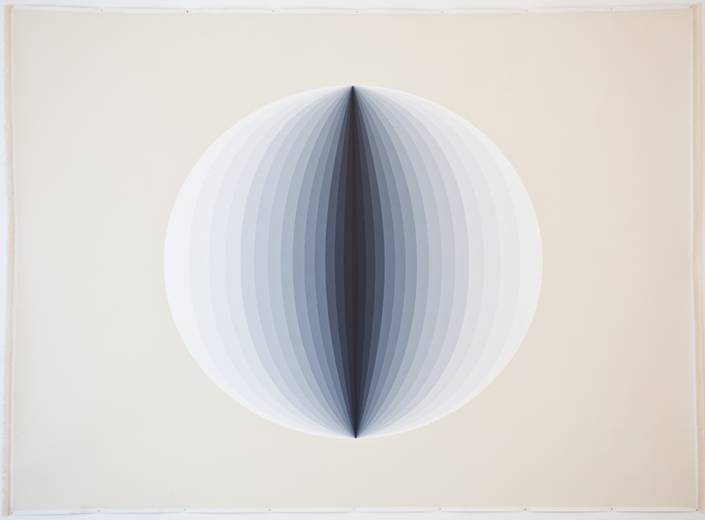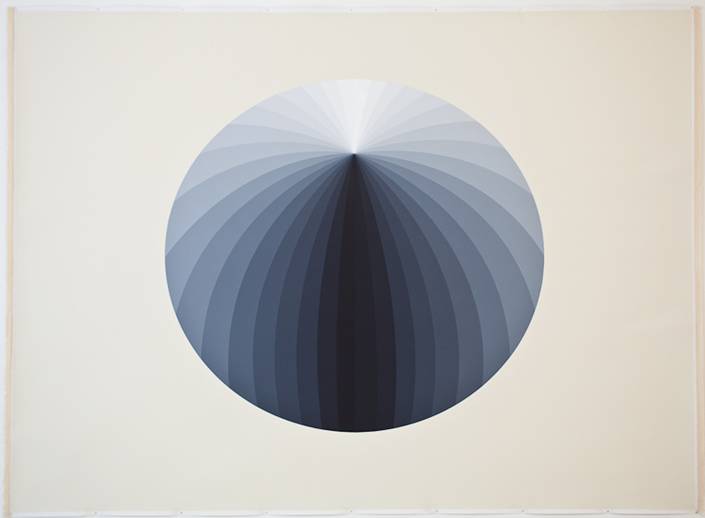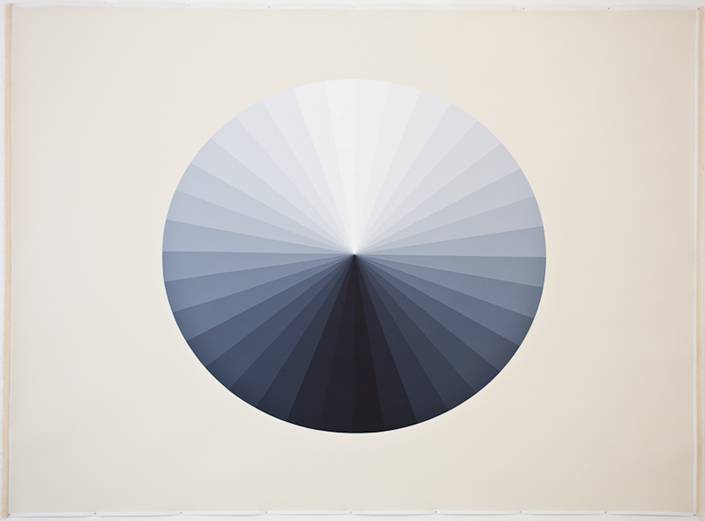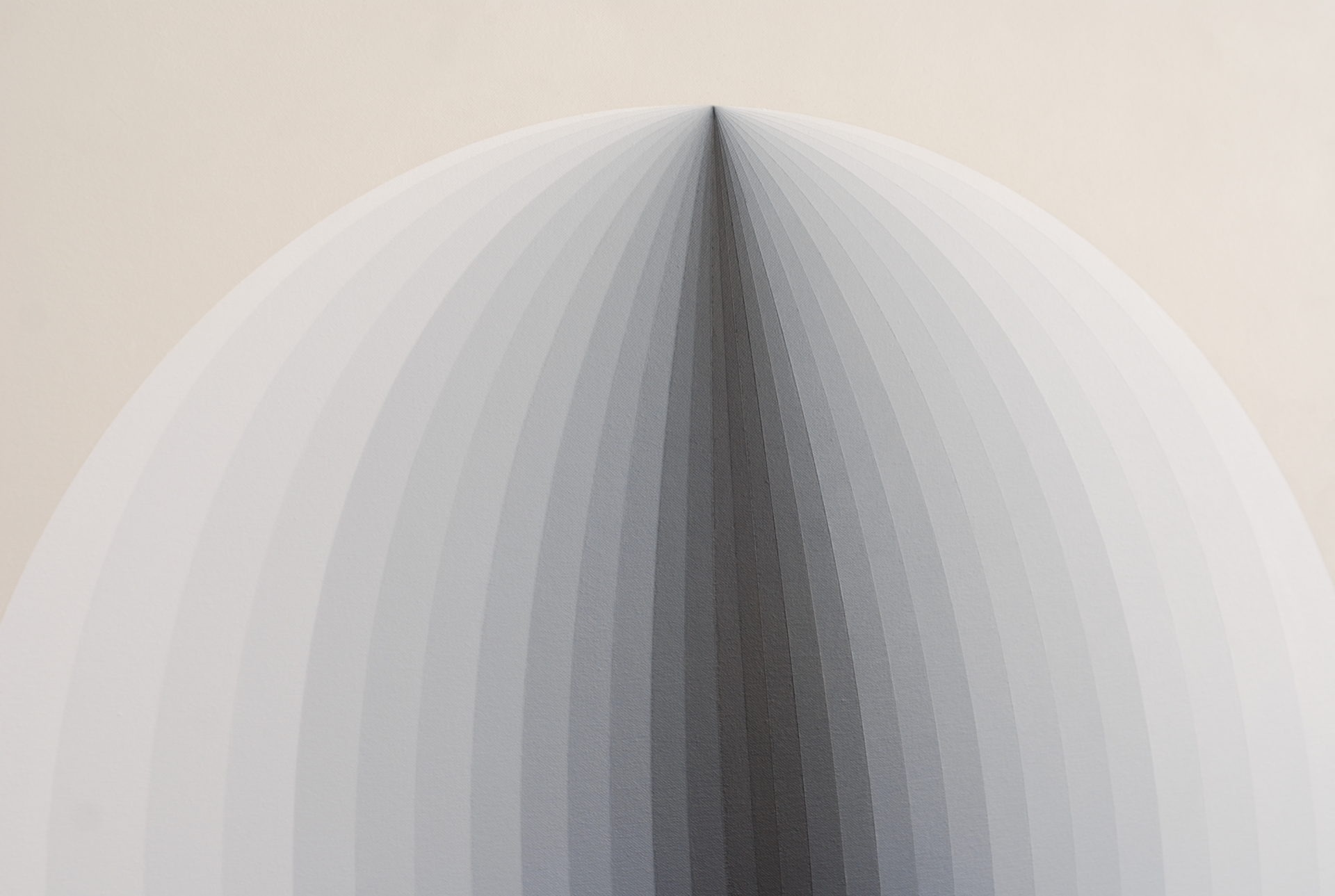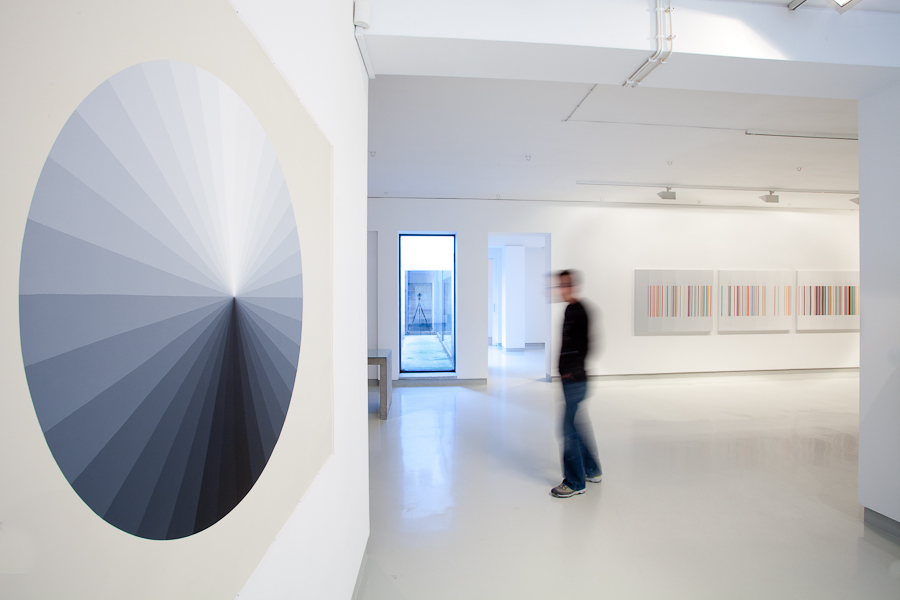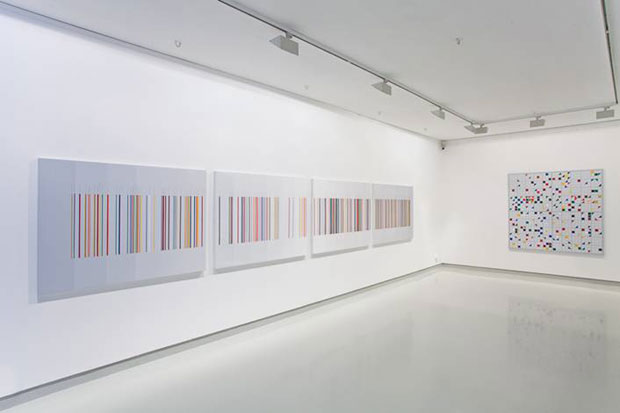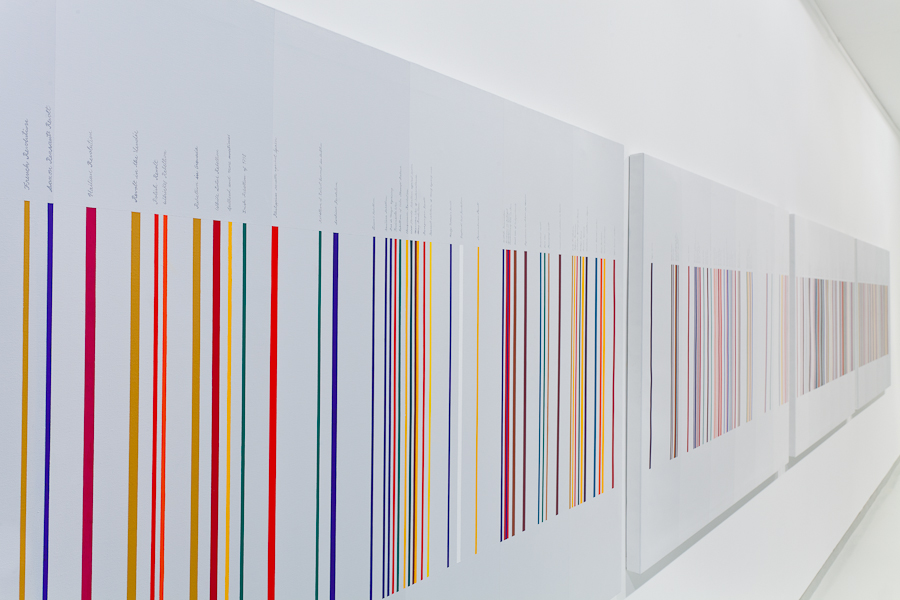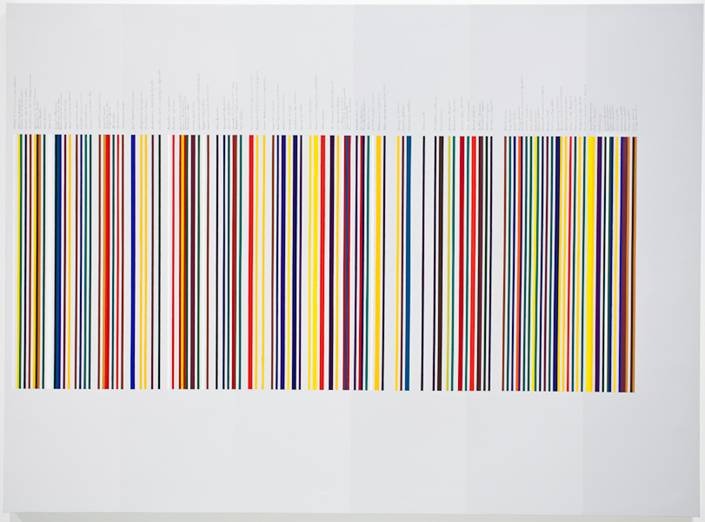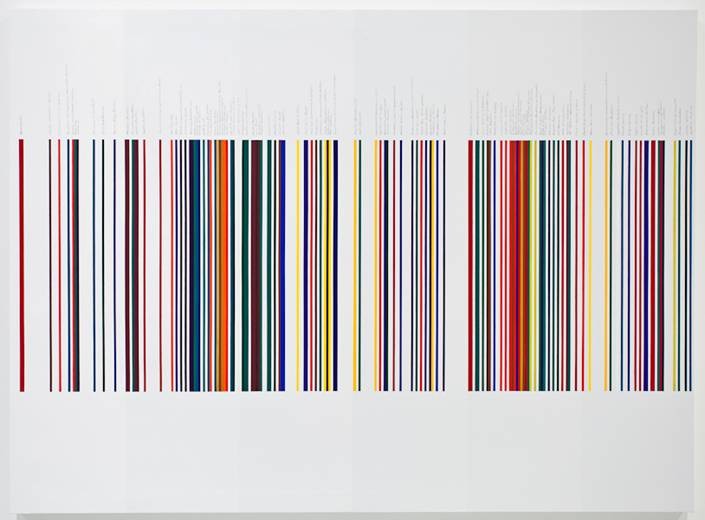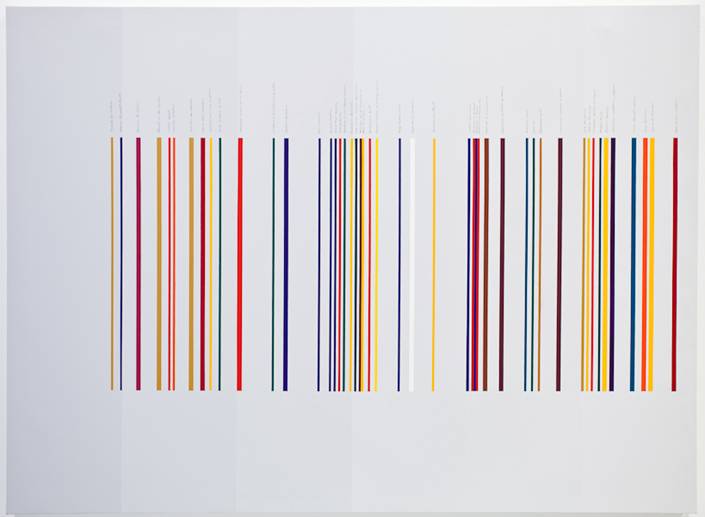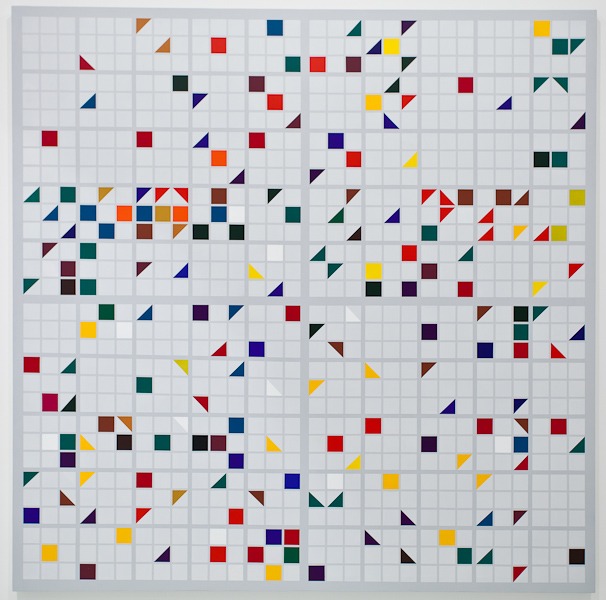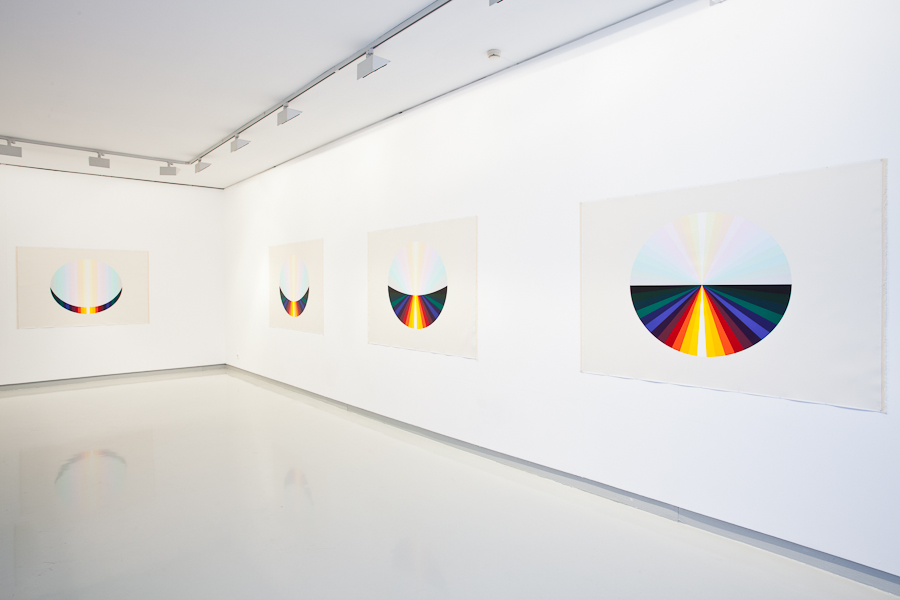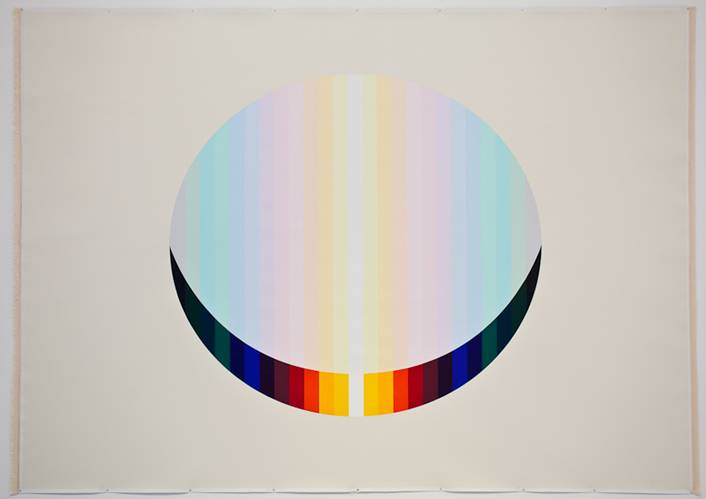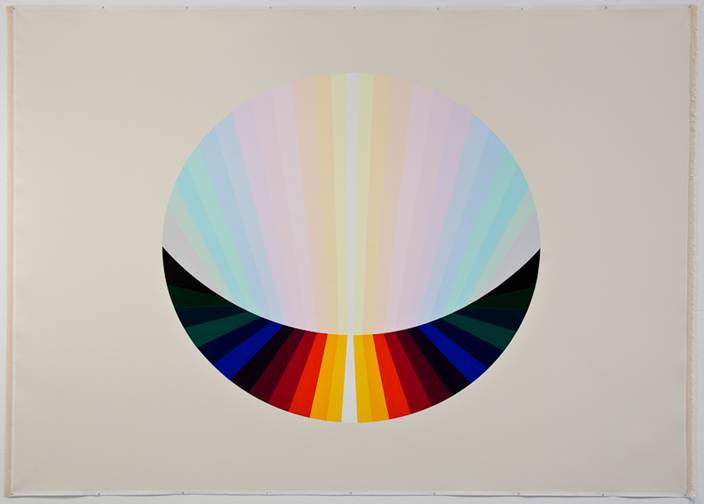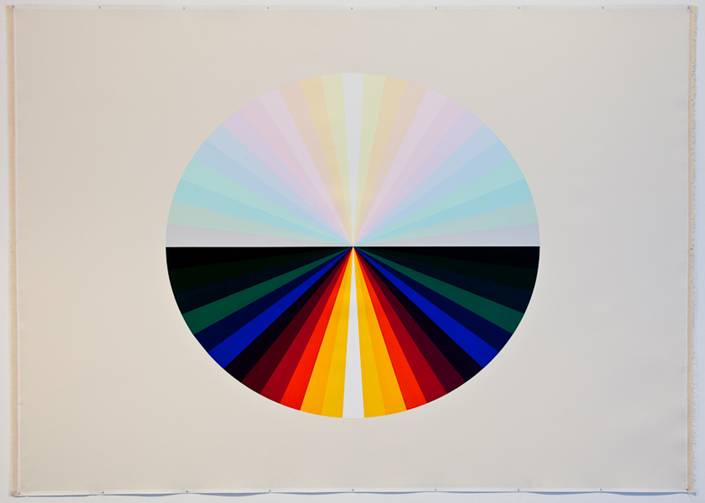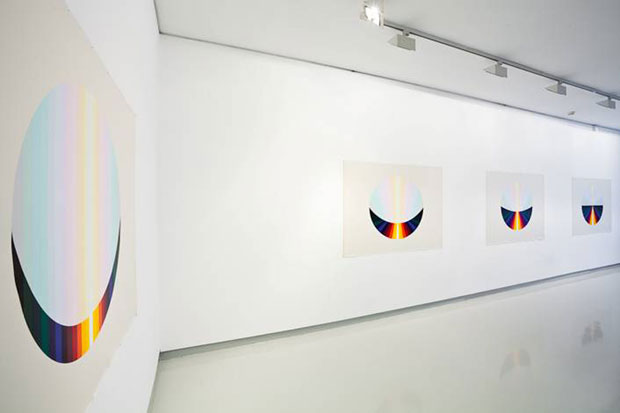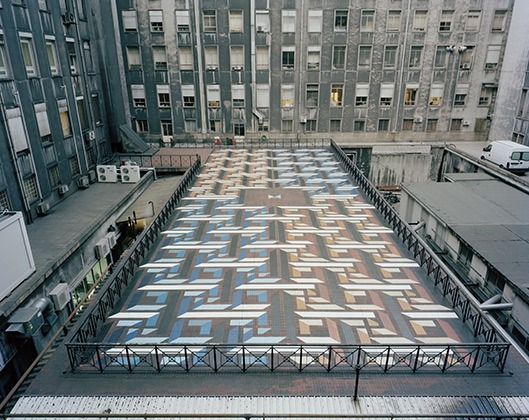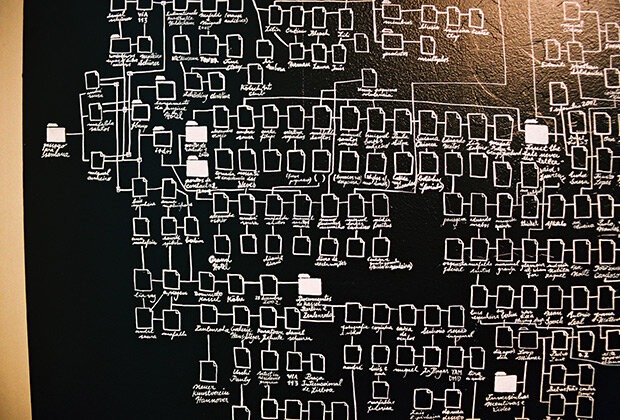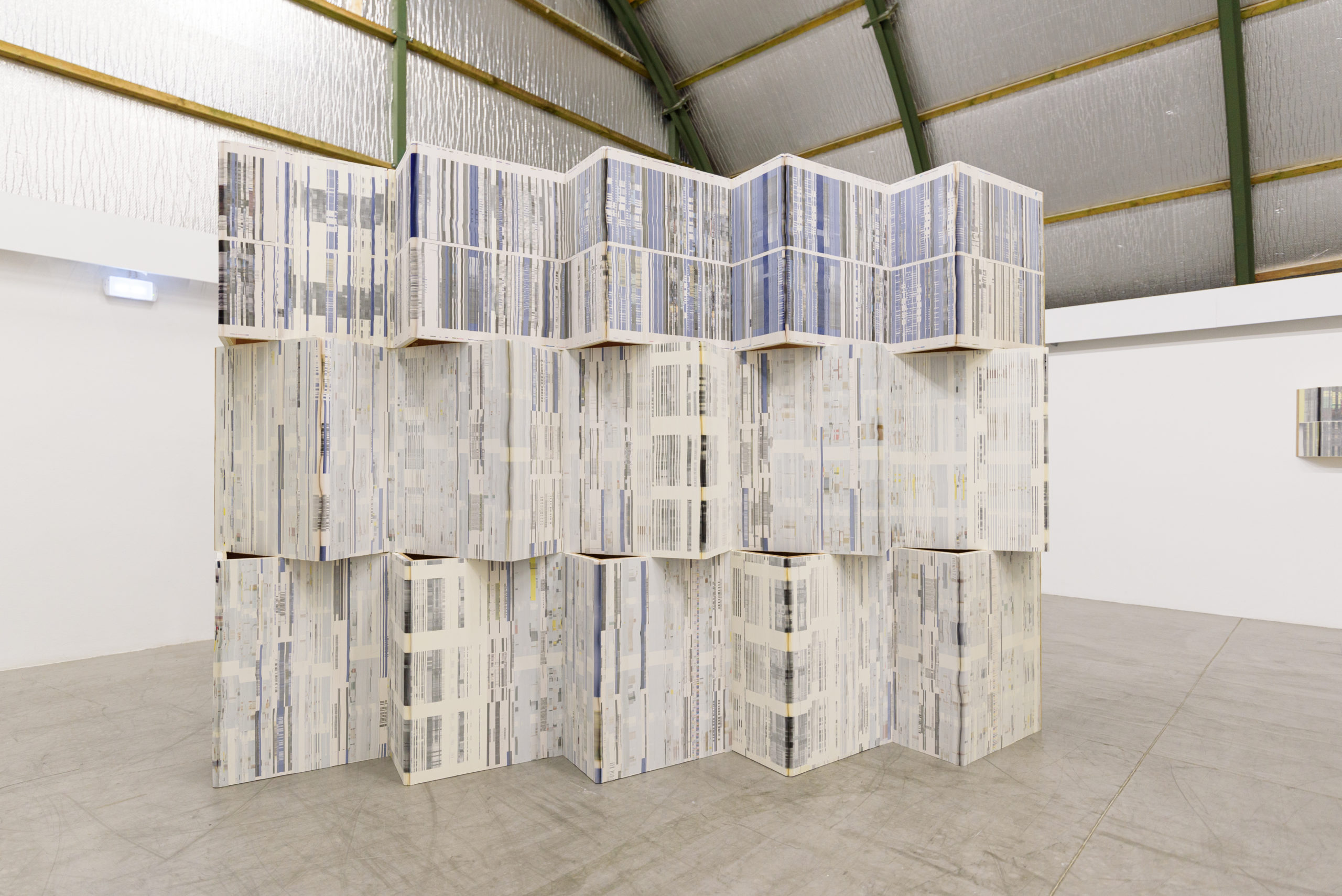On Revolution, Individual exhibition, Galeria Presença, Porto
Hannah Arendt, in the book On Revolution (1963) that Mafalda Santos quotes in the title of this exhibition, briefly discusses the evolution of the semantic field of the word revolution. From Latin, revolutio, the word first appears in our vocabularies to identify cyclical inevitabilities (like the seasons), a return to a pre-established order. Although it does not correspond completely to the truth, it is accepted by Hannah Arendt that it is in 1789, during the French Revolution, that the word takes on the meaning we ascribe to it today. It appears to separate the social movements of the time from the epithet of revolts.
Often in an unsuspected way, around the words a prodigious battlefield is drawn, the tension between meaning and signifier object of the most violent disputes. Since the year 1789, revolution – in all languages - is one of the fields where the struggle has been highlighted by intensity, marking all generations up to the present. As a rule, those who have the command of the word define the political direction that we recognize as progressive. Today, for diverse reasons, among which tautology will have some weight, we feel the word trapped. Inhabiting relatively stable societies, the word has been assimilated by more everyday languages and it is not uncommon to see it applied to technology, banal products and the most common ideas. However, when used in describing social movements in countries outside our capitalist democracies, such as the countries of North Africa and the Middle East today, it continues to have the strength with which it emerged two hundred and twenty years ago.
However, when used in describing social movements in countries outside our capitalist democracies, such as the countries of North Africa and the Middle East today, it continues to have the strength with which it emerged two hundred and twenty years ago. Present in almost all political speeches, this idea is intended to be a source of legitimation. As the draconian measures imposed on us by our government today are said to be ineluctable, revolutions are almost always presented as moments embodied in a mythology of history that predestines them as fatality.
The singular relationship between this word and its term is reflected in the configuration of the pieces present in the exhibition: the tension between the landscape and the map, between the roughness of the vertical lines and the docility of the curves. The forms of organization, cataloging and cartography of knowledge (in this historical case) carry ideologies and the choice between one and the other always has a weight that needs to be said politically. We will not go so far as to say that the medium is the message, but all signs have, at different levels, preferential semantic fields and more or less obviously carry ideas that conform the use we make of them. After a year marked by movements that chose to identify themselves as indignant, it is good to think, always taking into account that they change, in what they ultimately want to say the words we use.
José Roseira, 2012
Video by Cláudia Varejão, documenting the solo exhibition “On Revolution” by Mafalda Santos, at Galeria Presença, January 21st to March 2nd, 2012, Porto. Music: Garcia da Selva’s “Bells of Sechwan”
